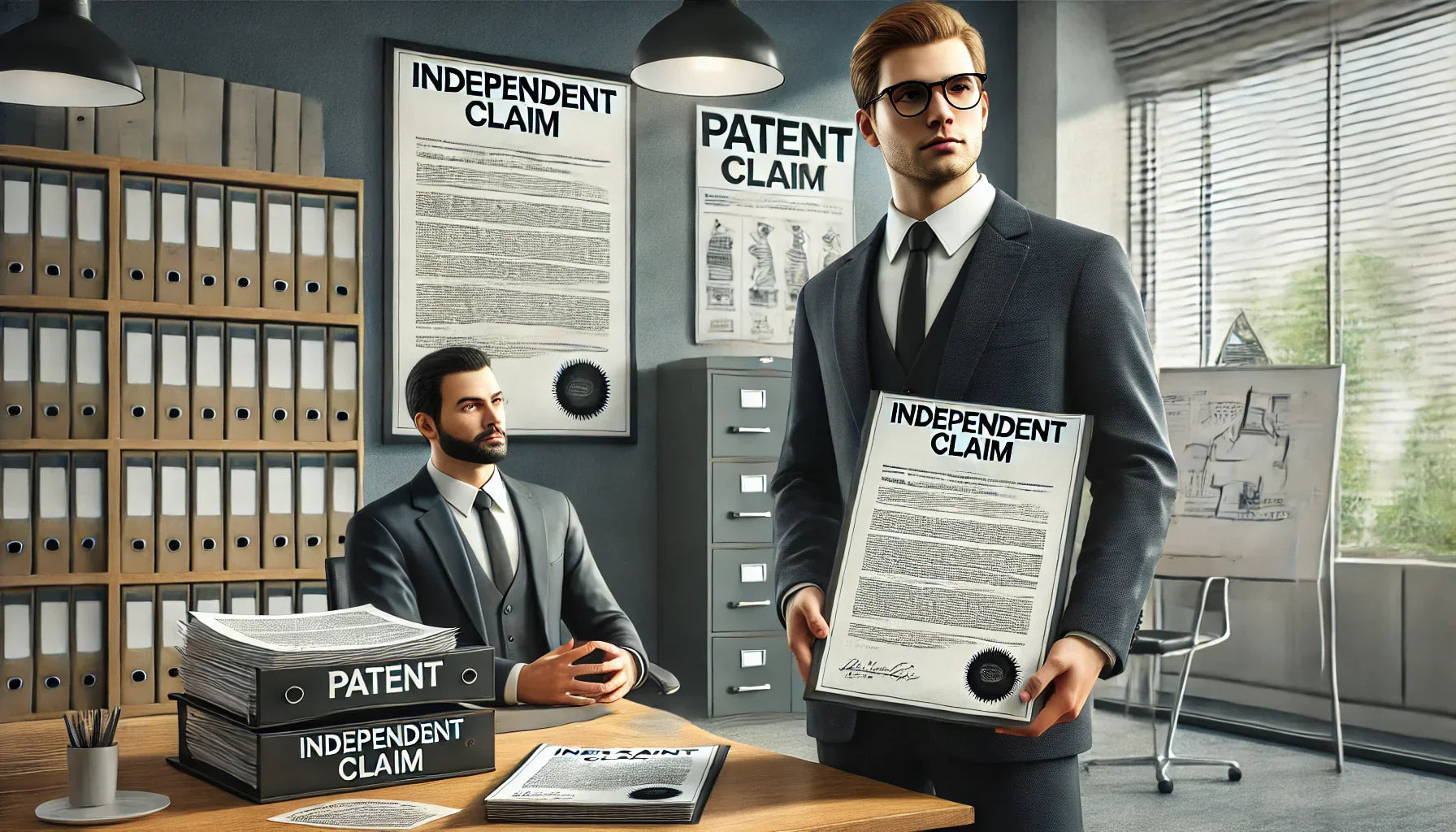|
The road to a successful startup is often long, winding, and full of surprises along the way. Factor in the occasional legal dramas and IP issues and you have a typical startup horror story.
However, you can protect yourself from having such a story by simply taking the right steps to protect your inventions. And the best way is to do so is by avoiding common patent mistakes and pit traps most startups fall into when starting out. In this article, we’ve curated a list of 5 common patent mistakes startups make you can avoid. Mistake #1: Simply not getting a patent When starting, most startups and small businesses don’t even realize their business needs a patent. They, therefore, end up not protecting their inventions at all. The first thing you need to do when launching a new product or service is to determine whether you need a patent for your invention or not. If you have invented a product or a process that has functionality then you need a patent to protect your invention. In case you are unaware, patents are filed to protect an invention, be it a product or process that offers a new way of doing something. A patent gives you the exclusive rights to exclude others from using the invention to make, sell or use it.
Another reason why startups often fail to file for a patent application is that they don’t realize there is a specific window in which you can file for a patent once your idea is out in the public – which takes us to our second patent mistake; Mistake #2: Failing to file your patent within the one-year time frame Often, small businesses or startups don’t realize there is a specific window within which you are required to file your pattern application. Once your idea or invention is out in the public, whether it was through a presentation with your investors, your website, or in any other form of public disclosure, you have a one-year grace period to file for a patent. Waiting for more than a year once you have already shared your idea with the public will only make it harder for you to file and get a patent for the invention.
Therefore, make sure you patent your invention within one year once you have shared your idea with the public.
Mistake #3: Not filing your patent first Patents in the US, and almost all other countries, are awarded by the first-to-file system. The first-to-file system simply means, whoever files a patent for an invention first is recognized as the inventor and is awarded the patent to the invention. Oftentimes, most inventors will delay filing for a patent and another person will come along and either steal their invention or develop it. This then blocks them from filing a patent and being able to use or profit from it. As an inventor, you should always strive to file a patent for your invention first before someone else does. Mistake 4: Doing it yourself
In an attempt to save money, most inventors avoid hiring patent attorneys by filing for the patent themselves. While there are a lot of YouTube videos, articles, and other DIY services to help you out, it is not recommended you attempt to file a patent application yourself. Filing a patent application without proper guidance from a lawyer can pose a huge risk, especially if you are doing it for the first time. The most common of all is making mistakes that could result in the loss of some or all your patent rights. Mistake 5: Not developing a Patent portfolio It’s common for inventors to only file for a patent for their first invention only and ignore filing for others for inventions they develop later. However, if you keep inventing or improving on your invention it is important to revisit your first patent application to make sure your rights are well covered. One of the best ways to do this is by creating a patent portfolio. A patent portfolio is a collection of patents covering all your inventions. Depending on the inventions, the patents may be related or unrelated.
Got a question about IP and patent law? Reach out to us here at Millar IP Law and we’ll be happy to help you out! If you are a startup, small business, or a solo-inventor looking for a high quality & affordable patent or trademark, you've found the right place. Miller IP Law offers transparent and affordable options specifically designed for your business goals. Grab a strategy meeting to kick things off! |
 About the Firm... About the Firm... Miller IP Law is a firm that focuses on small businesses, startups, and entrepreneurs/solopreneurs. We’re easy to use. We offer affordable pricing that’s transparent and flat-rate. We focus on the little guys who actually need our help. If you’d like an attorney on your team, simply schedule a Zoom call, and we’ll take care of the rest. Top Blog Articles1. Cheapest Way To Get A Patent 2. How Long Does It Take To Get A Trademark?  Want to chat more about this topic, or got a burning question? Take advantage of instant chat and send us a direct message

Find Us On LinkedIn |
About Our Firm…
Miller IP Law is a group of attorney's, based out of Mountain Green, Utah, who are excited to help you build your business and further innovate market places and economies. Please consider looking at our services, billed at flat rate, and be sure to grab a free strategy session to meet with us!
Get weekly stories and information about protecting intellectual property with our e-mail Newsletter today!
Need To Get In Touch With Us?➡Schedule A Free Strategy Session Today… |
|
Flat Fee Pricing
Straightforward for Patents and Trademarks
|
Patent Application |
Trademark Application |
Copyright Application |












